Be the first to review this product
PRODUCT DETAILS
These fast growing, uniform watermelon radishes have a lovely cream exterior over a bright fuchsia centre. The core starts as a simple dot of colour, but expands toward the outside as the root develops. The resulting visual appeal makes them extremely eye catching for the market table - or the dinner table. Rido Red radish can be grown at nearly any time of year, but the faster they grow the better the flavour. We were impressed in our summer seed trials by the overall flavour and character of this radish. It mingles sweet and savoury with a touch of mustard-like heat.
- Watermelon radish
- Uniform size and shape
- Matures in 60 days
- Hybrid seeds
All About Rido Red
Latin
Raphanus sativus
Family: Brassicaceae
Difficulty
Easy
Season & Zone
Season: Cool season
Exposure: Full sun
Timing
Radishes can be grown all season but they’re easiest when sown just after the last frost date and again at the end of summer and into the fall. Optimal soil temperature: 18-24°C (65-75°F). Seeds should sprout in 5-7 days.
Days to Maturity
From direct sowing.
Growing
Ideal pH: 6.0-6.8. Radishes are moderate to heavy feeders. Best in rich, loamy soil amended with composted manure. Add 1 cup of complete organic fertilizer for every 3m (10′) of row for background fertility. Lime beds the previous fall. The real secret to growing this little vegetable is speed. Sow a short row frequently, thin them quickly, keep them watered, eat them quickly, and sow some more.
Seed Info
In optimal conditions at least 80% of seeds will germinate. Usual seed life: 4 years. Per 100′ row: 1.2M seeds, per acre: 522M seeds.
How to Grow Rido Red
STEP 1: Timing
Radishes can be grown all season but they’re easiest when sown just after the last frost date and again at the end of summer and into the fall. Optimal soil temperature: 18-24°C (65-75°F). Seeds should sprout in 5-7 days.
STEP 2: Starting
Sow seeds 5mm (¼”) deep, 25 seeds per 30cm (12″) in rows spaced 30-45cm (12-18″) apart, and thin to 6-12 plants per 30cm (12″).
STEP 3: Growing
Ideal pH: 6.0-6.8. Radishes are moderate to heavy feeders. Best in rich, loamy soil amended with composted manure. Add 1 cup of complete organic fertilizer for every 3m (10′) of row for background fertility. Lime beds the previous fall. The real secret to growing this little vegetable is speed. Sow a short row frequently, thin them quickly, keep them watered, eat them quickly, and sow some more.
STEP 4: Germination
In optimal conditions at least 80% of seeds will germinate. Usual seed life: 4 years. Per 100′ row: 1.2M seeds, per acre: 522M seeds.
STEP 5: Harvest
Harvest promptly when radishes are the size of large marbles. The leaves and developing seedpods are also tasty.
TIPS
DISEASES & PESTS
Root maggots and flea beetles can be a problem. Expect to lose 20-30% of your crop to maggots if you don’t use a floating row cover.
COMPANION PLANTING
Plant radishes near beans, beets, celeriac, chervil, cucumber, lettuce, mint, parsnip, peas, spinach, squash, and tomatoes. Avoid planting near Agastache or potatoes. It is said that planting 3 or 4 icicle radishes around the mound where you plant squash, and allowing them to grow and bloom, will prevent most pests of squash and cucumber.
| Brand | West Coast Seeds |
|---|---|
| Manufacturer Part Number | RD697A |
| UPC | 687704015570 |
| Family | Radishes |
| Group | Watermelon |
| Days to Maturity | 60 |
| Pack Options | A pack |
| Package Language | English |
| Shipping Type | Seeds |




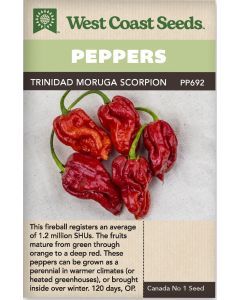




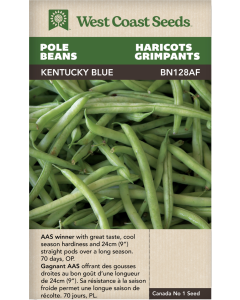
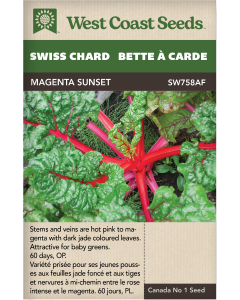
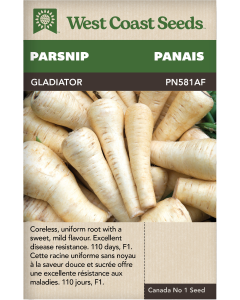
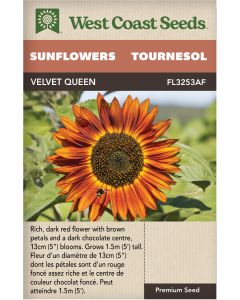

Login and Registration Form